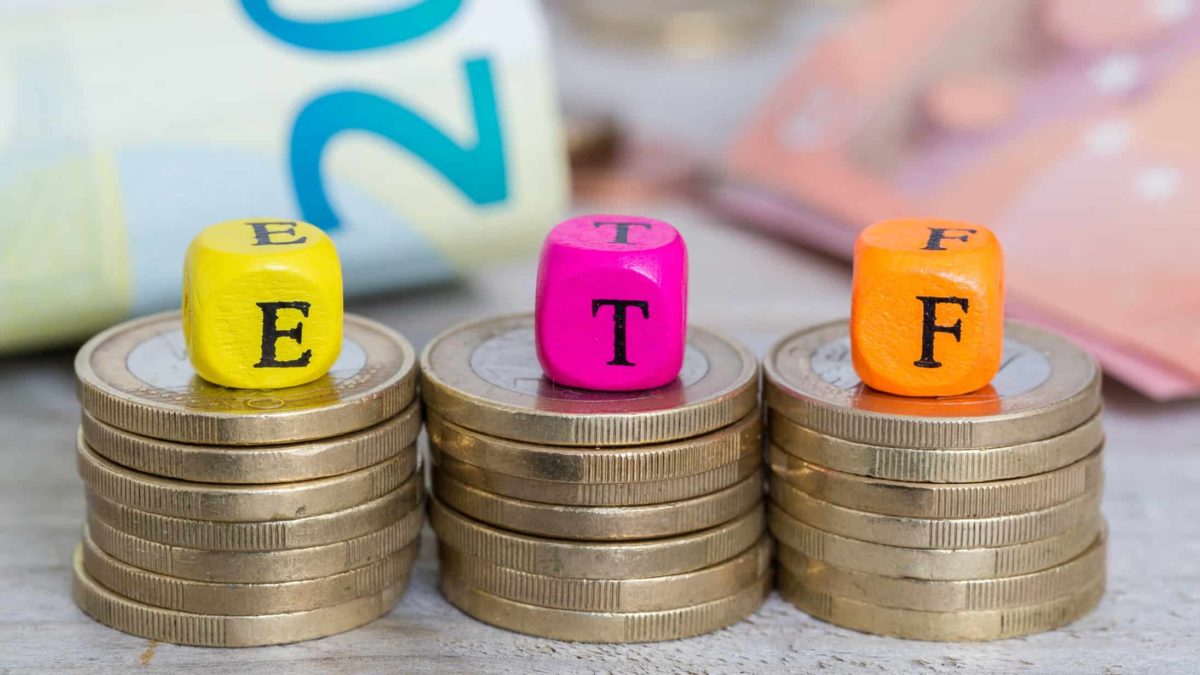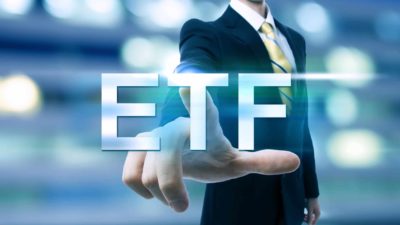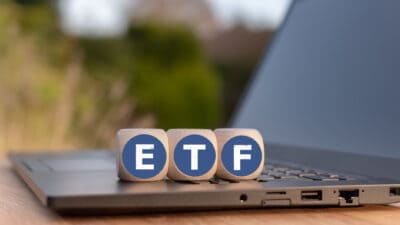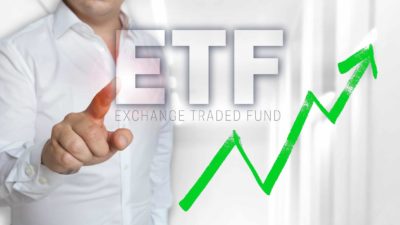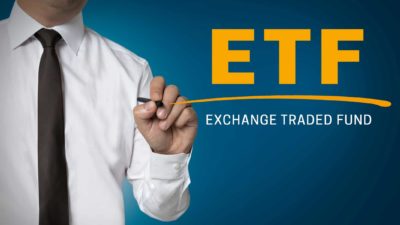Some of the best ASX exchange-traded funds (ETFs) to own in the coming years could be ones that are focused on owning quality businesses.
When I think about sports, the teams with the best players and best characteristics usually win more than the weaker teams.
It's a similar story with high-quality shares, in my opinion – the businesses that have the strongest quality metrics are likely to deliver the best returns over the long term. Though, they may not outperform the overall share market every year.
So, with that in mind, below are two of the highest-quality ASX ETFs Aussies can buy.
Betashares Global Quality Leaders ETF (ASX: QLTY)
This fund looks to give investors exposure to some of the highest-quality businesses in the world.
The QLTY ETF owns 150 businesses in various markets worldwide. It's largely invested in US shares with a 73% weighting, but it also offers an allocation of more than 1% to businesses from Japan, the Netherlands, the UK, France, Denmark, and Switzerland.
It owns businesses that rank highly on a combined score from four elements: return on equity (ROE), debt to capital, cash flow generation, and earnings stability. In other words, these companies make a lot of profit for shareholders, which is usually stable (or growing). These companies also have healthy balance sheets and good cash flow.
Past performance is not a reliable indicator of future returns, but to me, it's not a surprise that the QLTY ETF has returned an average of 15.6% per year since it started in November 2018, outperforming the global share market by an average of around 1% per annum. I think this ASX ETF can continue performing for investors.
VanEck Morningstar Wide Moat ETF (ASX: MOAT)
This fund offers somewhat less diversification than the QLTY ETF because the MOAT ETF only invests in US businesses.
However, just because a business is listed in the US doesn't mean that it can't generate international earnings from Canada, Europe, Asia, and so on. A business' headquarters location doesn't necessarily tell us everything about its geographic earnings.
To be considered for this portfolio, a business must have an economic moat or competitive advantage and be trading at an attractive price.
Competitive advantages can take many forms, such as brand power, cost advantages, patents, intellectual property, regulations, licences, network effects, and so on.
The Morningstar investment team only wants to invest in businesses with competitive advantages that will last at least 20 years and allow them to earn stronger profits.
The strategy seems to be working – since the start of 2024, the MOAT ETF has returned an average of 16.26% per year since its inception in June 2015. I think its strategy of owning long-term quality shares could continue performing well.
